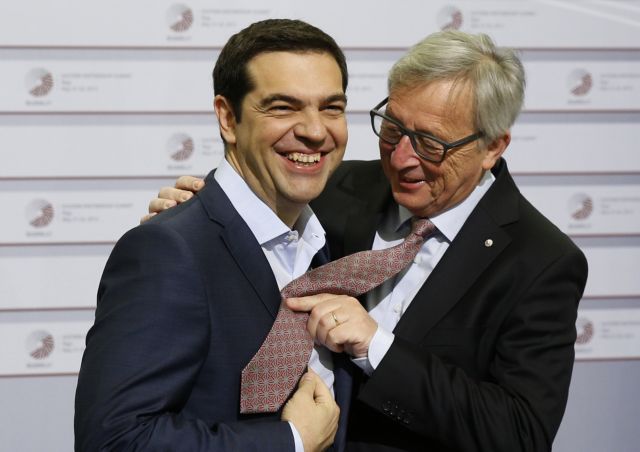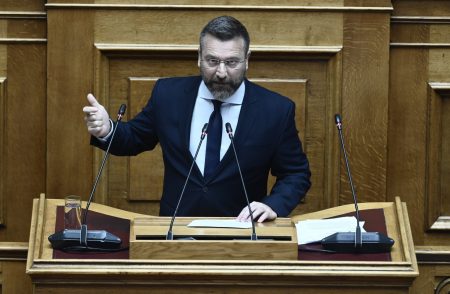The Brussels Group talks are set to resume on Tuesday, with the European Commission planning on submitting its plan in order to avert a credit event in June.
According to the plan, the outstanding Greek program review will be carried out in two phases – June and September – however the IMF has expressed its reservations and wants a full review. Similarly, the stance of German Finance Minister Wolfgang Schäuble, ahead of the G7 meetings in Germany where the Greek affair will be discussed, is uncertain.
Should the IMF and German Finance Ministry approve of the European Commission’s plan, it may become the basis for a technical extension of the current program (possibly until the end of October) and the payment of 4-5 billion euros (1.9 billion of which derives from the SMP program). Such a development would help Greece pay off a 1.6 billion euro loan payment towards the IMF in June.
The interim document will describe the progress that has been achieved, where there is a convergence (VAT, primary surplus, taxation issues, and fund mergers) and unresolved issues which will discussed in September, such as the country’s pension system reform. In exchange, the government will push forward the relevant legislation to receive funding from the EFSF, while the ECB provides assistance, regarding the 6.7 billion euros worth of bonds that mature in July and August.
The second and more critical phase require the completion of the review and preparation for the new program that will begin in September and includes all major issues, with the pension system reform, funding gap and public debt profile being the most critical.
IMF maintains reservations over EC plan
The International Monetary Fund is not entirely convinced about the European Commission’s plan and objects to a number of provisions, such as not allowing direct consultations with government ministers. Given the significant difference of opinion on major issues, the IMF is ruling out making any payments towards Greece unless there is a full agreement on the review.
However, there is also the possibility of the IMF signing an interim agreement with the other two former “troika” partners (the European Central Bank and European Commission), where it will make its position on loan payments clear. The IMF will insist that it will only make further payments after the review is complete and necessary reforms implemented.





